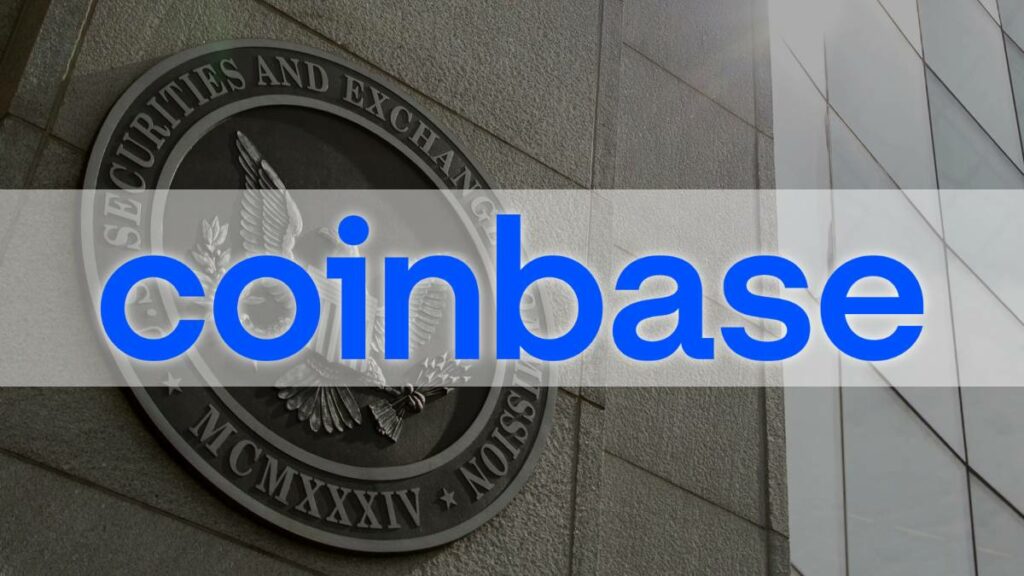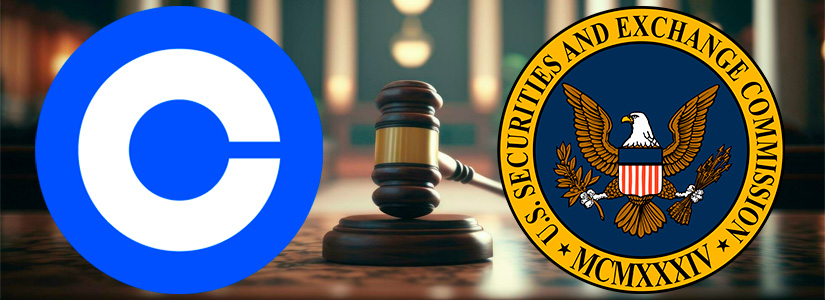TL;DR
- Coinbase files an appeal against the SEC, challenging the regulator’s authority in the regulation of digital assets.
- The dispute arises from the SEC’s rejection of the exchange’s request to establish specific rules.
- There was an abrupt shift by the SEC in claiming extensive authority and launching a broad enforcement campaign against the crypto industry.
Coinbase, one of the leading global exchanges, has filed an appeal against the U.S. Securities and Exchange Commission (SEC), challenging the regulator’s authority and questioning its approach to the regulation of digital assets.
The appeal arises in response to the SEC’s denial of Coinbase’s request to establish specific rules. Paul Grewal, Coinbase’s Chief Legal Officer, expressed frustration with the SEC’s “perfunctory denial” and the lack of a clear justification from the regulator.
Today @coinbase filed our opening brief in the Third Circuit challenging the SEC’s denial of our rulemaking petition. Tl;dr: the SEC’s denial is arbitrary and capricious, an abuse of discretion, and a violation of the Administrative Procedures Act. 1/7 https://t.co/v09uE2OHsb
— paulgrewal.eth (@iampaulgrewal) March 11, 2024
One key point of contention lies in the inconsistency in the SEC’s stance regarding its regulatory authority over digital assets. Over the years, the SEC had acknowledged its limited authority in this realm, leading to calls for Congress to grant broader regulatory powers. However, according to Coinbase, the SEC has made an abrupt shift in claiming extensive authority and initiating a wide enforcement campaign against the crypto industry, frequently altering its legal interpretations.
Coinbase Struggles Against An Uncooperative SEC
Coinbase argues that, in the face of any assertion of new authority by the SEC, a formal rulemaking process should be undertaken. In this case, the company argues that the SEC has skipped this step, resulting in what the exchange sees as a “fragmented regulation through enforcement” approach.
Coinbase’s appeal brings to light the legal and practical complexities associated with applying traditional securities regulations to digital assets, especially those settling without the physical delivery of securities certificates. The company contends that treating all entities involved in digital asset transactions as “clearing agencies” under these conditions is impractical, especially for decentralized blockchain components operating autonomously.
The lack of a clear regulatory framework, according to the exchange, not only complicates the applicability of existing laws to digital assets but also hinders providing necessary guidance to the industry. This, in turn, undermines the legal and operational foundations of the digital asset market.











